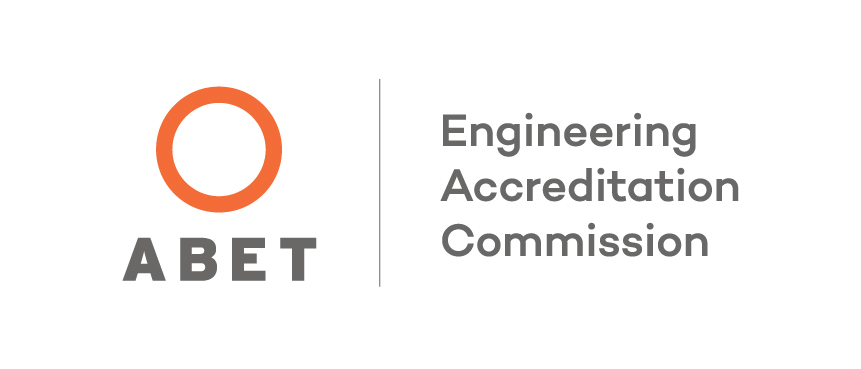Accreditation
Accreditation
Accreditation
The Civil Engineering program is accredited by the Engineering Accreditation Commission of ABET, https://www.abet.org, under the commission’s General Criteria and Program Criteria for Civil and Similarly Named Engineering Programs.
More information about the ABET accreditation process can be found at ABET.org.
